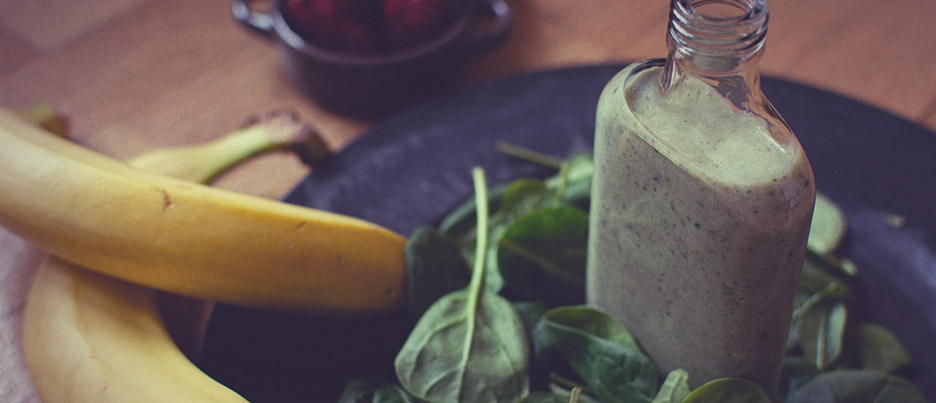Health Food Trend an Opportunity for Marketing Partnerships

Talk to any fitness fanatic, physician or health magazine editor and they’ll tell you a healthy lifestyle begins in the kitchen. In fact, 41% of Gen Z and 26% of Gen X’ers said they would be willing to pay more for healthy food, increasing the adoption of healthier eating habits as part of a holistic health care regimen. This trend has created a great opportunity for health care organizations to join the conversation, as well as expand their current preventative measures beyond annual screenings and rewards systems, to include food industry partnerships.
Food has always been a popular topic, and the explosion of visually based social media networks such as Pinterest, Instagram, and even Facebook, has made it almost unavoidable. While junk food will likely always remain an occasional guilty pleasure, GMO-free, organic foods are where consumer demand is growing fastest. Health care institutions can take advantage of the social media conversation surrounding food to engage with current and prospective patients. In fact, many of our health care and food industry clients have implemented thought-leadership initiatives discussing how food can improve health. This includes blogging, sharing new research on social platforms and highlighting resources on their websites. It’s important that this information can be easily found, and digested, by consumers. (See what I did there?)
To boost the efficiency of these programs, many organizations have created apps. There are apps that help people manage dietary restrictions, apps that provide medication reminders, even fitness tracker apps that hold users accountable to a more active lifestyle. But there effectiveness ultimately relies on the user, and physicians don’t typically “prescribe” them to help patients manage illnesses or build healthy habits.
Creating an app that reflects a person’s medical history and daily habits would take fitness and health care apps much further. These apps could make dietary suggestions based on daily intake and monitor the nutritional value of each meal, or alert a person when they need to improve their intake of certain vitamins and minerals. User-friendliness is key here. If it’s not easy to use or doesn’t provide clear direction, it won’t get used at all.
Health care institutions, such as United Health Care, have begun implementing preventative health care incentive programs like the UHC Healthy Savings card, in which participants receive additional discounts for purchases of specific healthy foods highlighted that month. Health care organizations could potentially take these incentive programs to the next level by partnering with grocery stores or food brands to highlight the savings of the month on packaging or purchase displays.
The possibilities here are almost endless. Now more than ever, health care and food industry organizations have the opportunity to partner on preventative health initiatives – boosting both brand loyalty and patient engagement in the process.

